TV Licence fee evasion rates have hit their highest point since 1995, casting a long shadow over the BBC’s primary funding mechanism – a new report reveals.
As the landscape of television consumption shifts dramatically with the rise of on-demand streaming services, the mandatory annual fee is facing a growing wave of resistance.
In a world where Netflix and Disney+ are becoming household staples, the relevance and fairness of the TV licence fee are under intense scrutiny.
With the BBC grappling with a significant loss in revenue and growing public discontent, it’s trying to tackle these issues in several ways – including easier ways to pay, payment plans – and more enforcement officers.
Let’s delve into the BBC’s data – and its future plans for the TV Licence – as demonstrated in two reports that the corporation published this week.
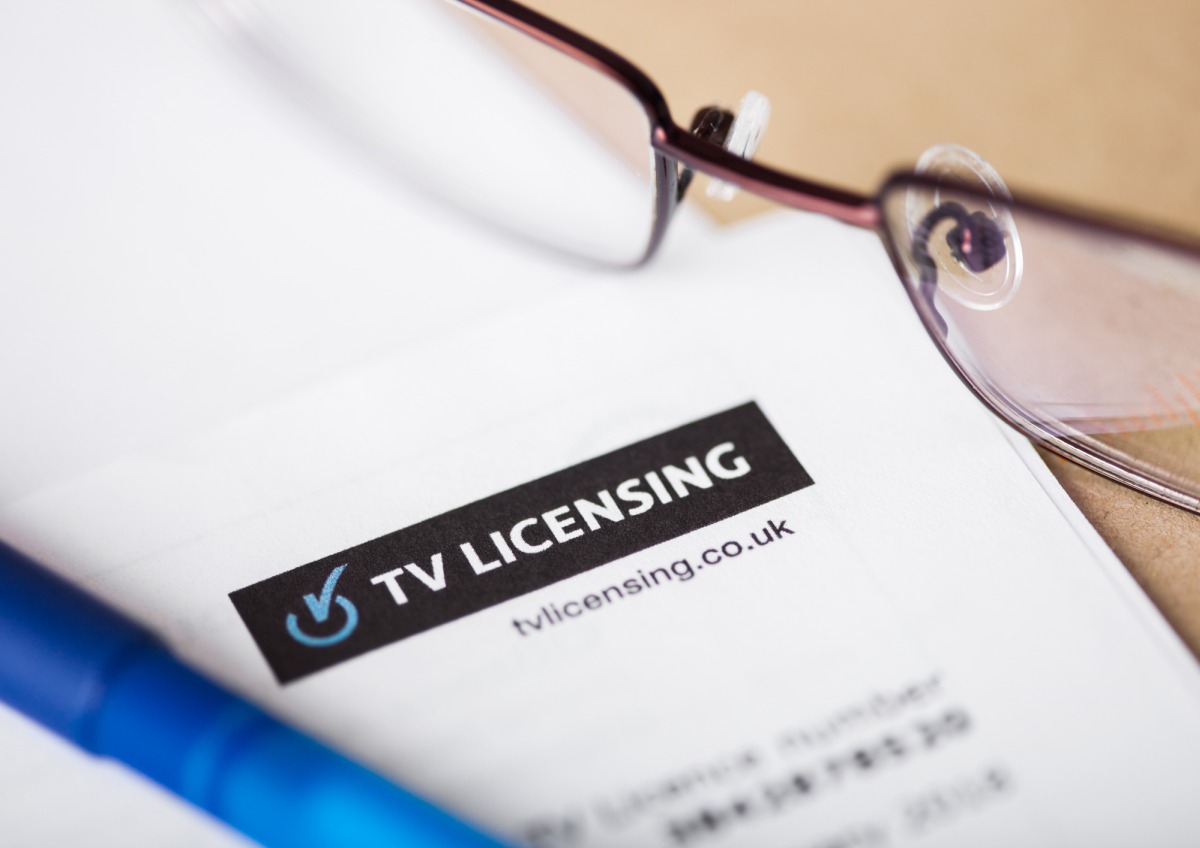
The TV Licence fee, which is used to fund the BBC, currently stands at £159/year.
In 2022, the fee was frozen for two years, and it is scheduled to go up next year.
Anyone who watches the BBC live, or streams it via BBC iPlayer, has to pay the fee. In addition, if you watch any live TV from any broadcaster (even an international one) – you also need to pay the fee (See our full guide on whether you need to pay the TV Licence fee or not).
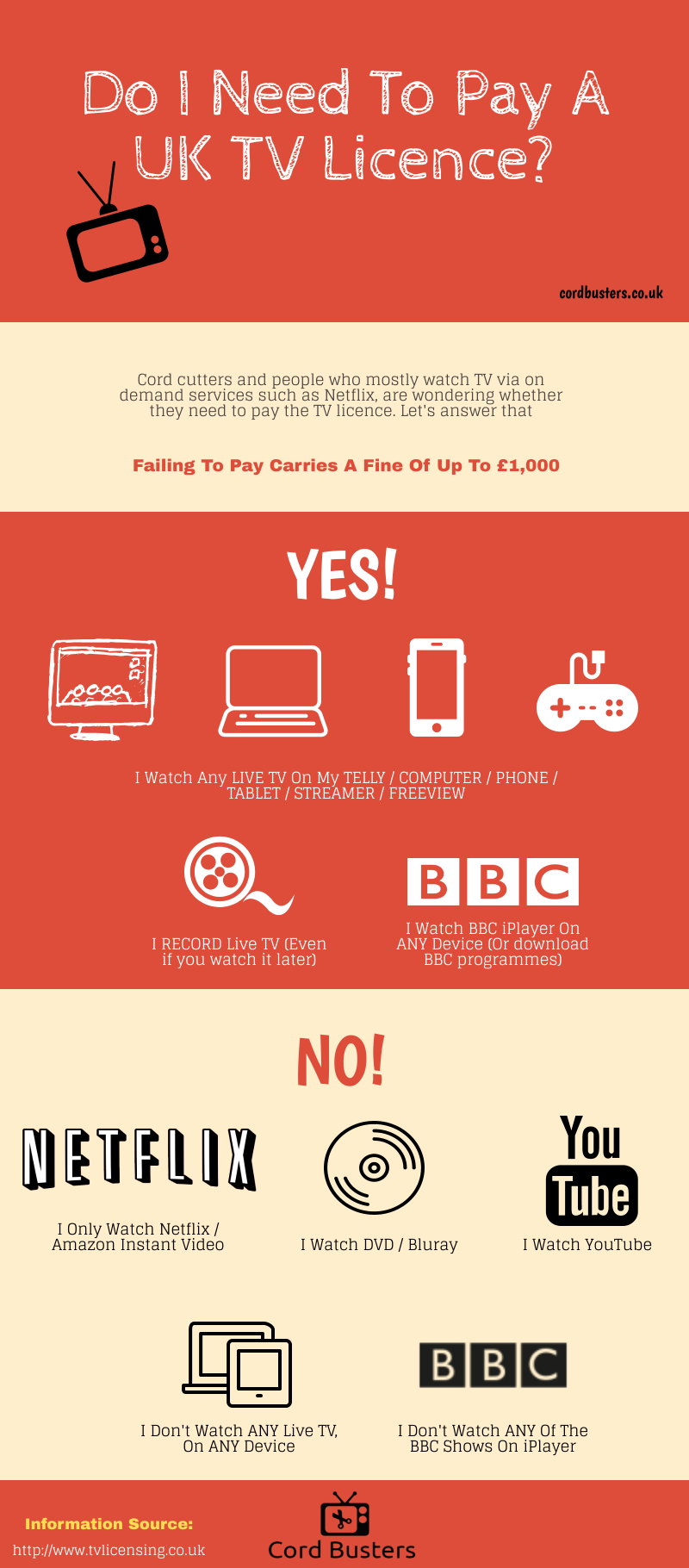
Failure to pay the TV licence fee is a criminal offence.
The Rise In TV Licence Fee Evasion
According to the BBC’s Television Licence Fee Trust Statement for the year ending 31 March 2023, and the BBC’s Annual Report and Accounts 2022/23, the TV licence fee evasion rate has been on the rise.
The TV Licence fee evasion has been a growing concern for the BBC, with the estimated evasion rate for 2022/23 reaching 10.31%, up from 9.38% in the previous year.
This is the first time since 1995 that the estimated rate of evasion has exceeded 10%. This increase represents a significant loss in revenue for the BBC, with the estimated loss amounting to around £430 million.
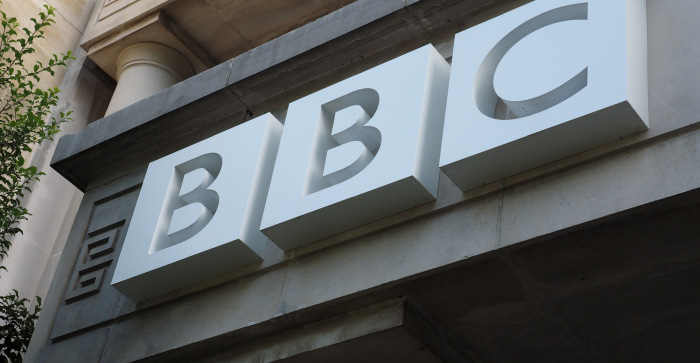
The evasion rate is calculated based on the difference between the estimated number of premises requiring a licence and the actual number of licences in force.
The BBC estimates that every percentage point reduction in the evasion rate equates to around £43 million of extra revenue.
Therefore, the rise in the evasion rate has a direct impact on the BBC’s financial health.
The increase in the evasion rate is likely due to a combination of factors, with the most significant factor being the change in viewing habits.
With the rise of on-demand streaming services like Netflix, Disney+ and local ones like ITVX, people are watching fewer traditional TV programmes and less live TV.
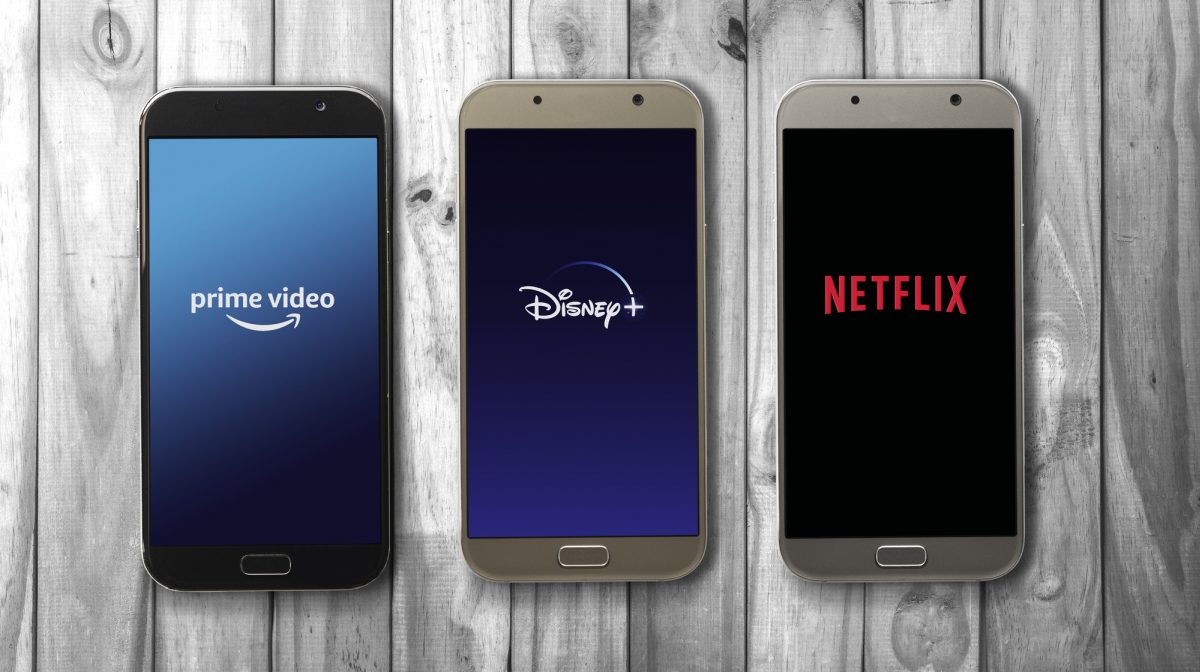
This shift in behaviour has led to a decrease in the perceived value of a TV licence, prompting some people to evade the fee (while also bringing up the BBC subscription model idea).
Affordability is another issue. With the cost of living on the rise, some households are finding it difficult to justify the expense of a TV licence.
The BBC’s Efforts To Fight Licence Fee Evasion
The BBC has been proactive in its efforts to combat licence fee evasion, which is a key area of focus for the corporation, as demonstrated in the 2022/2023 report.
The BBC’s strategy to tackle evasion involves a combination of enforcement activities, better customer support, and demonstrating the value of the TV licence.
Enforcement Activities
The BBC employs a range of enforcement activities to ensure compliance with the TV licence requirement.
Individuals who do not pay for a TV licence receive targeted communications encouraging them to do so, and potentially a visit from an enforcement officer.
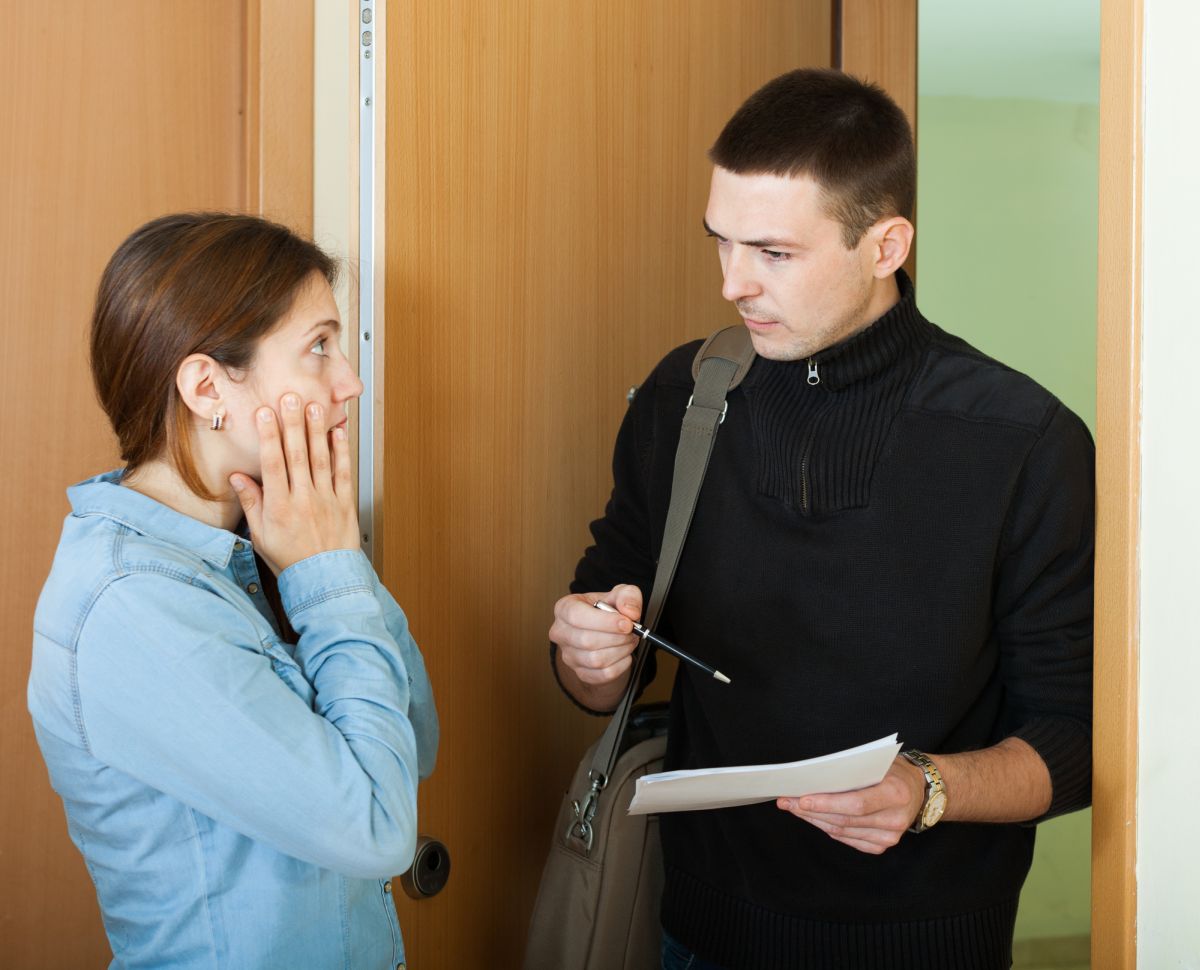
If the licence fee remains unpaid, the individual may be prosecuted and fined up to £1,000. In rare cases, where the person does not pay the court’s fine – they may end up in jail.
The Decline In Prosecutions
The number of prosecutions for TV Licence fee evasion has seen a significant decrease in recent years.
In 2019, there were around 114,000 prosecutions. However, by 2022, this number had fallen to 40,220.
This decline can be attributed to a combination of factors.
Firstly, the COVID-19 pandemic had a significant impact on enforcement activities. During the pandemic, enforcement visits were suspended, reducing the number of prosecutions.
The BBC’s analysis of 2021-22 evasion found that an increase in TVL enforcement activities, such as phone calls to the household, visits and prosecutions, can lead to a reduction in evasion.
However, the restrictions imposed due to the pandemic limited these activities.

Secondly, there was a shortfall in Field Officers during 2022-23.
According to the BBC, Field Officers play a crucial role in the enforcement process, visiting households to check whether they have a TV licence if they are watching licensable content.
The reduction in the number of Field Officers has limited TVL’s ability to collect the licence fee and conduct enforcement activities.
Despite these challenges, the BBC remains committed to enforcing the TV Licence requirement.
The corporation is working closely with Capita, the main provider of licence fee collection services, to increase recruitment of Field Officers in 23/24 and beyond.
This is part of the BBC’s broader strategy to maximise licence fee collection and reduce evasion.
Better Customer Support And Payment Plans
Recognising the financial difficulties that some households may face, the BBC has made efforts to make payments more manageable.

Licences can be purchased on an annual, quarterly or monthly basis, and there are a number of schemes to make payments more affordable.
These include the Simple Payment Plan (SPP) scheme launched in 2020 to provide a flexible payment plan for households in financial difficulties or liable to prosecution.
As we previously reported, the BBC recently created a dedicated ‘Payment Solutions Team’ to help eligible customers who are struggling with their payments to stay licenced, offering referral to debt advisory services or increasing awareness of Pension Credit eligibility for those aged over-75.
Demonstrating The Value Of A TV Licence
The BBC is also working on initiatives to demonstrate the value of a licence and the benefits it provides to households.
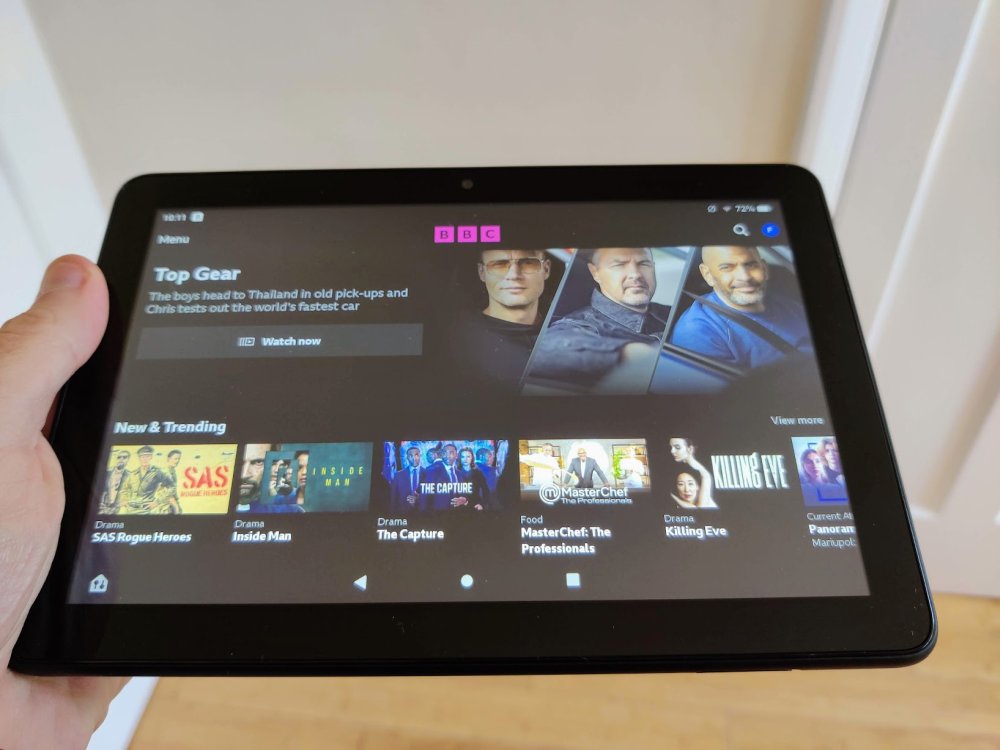
During 2022-23, the BBC has trialled targeted communications to demonstrate the value obtained from a licence fee and has clarified what constitutes licensable content on the TVL website and through a dedicated team.
The impact of these initiatives will be evaluated during 2023-24.
The success of ongoing and planned initiatives to demonstrate the value of a licence and supporting customers to pay will be key to reversing the fall in licences issued.
The BBC’s Future Funding Challenges
The TV Licence fee is the primary source of funding for the BBC, enabling it to deliver a wide range of services.
However, in 2022-23, net income from licence sales decreased by £59 million (1.6%) from the previous year, marking the first decrease in licence fee income since the reduction in 2019-20 due to the COVID-19 pandemic.
Furthermore, the licence fee has been frozen at £159 for two years; 2022-23 and 2023-24.
This is the first time the licence fee has not increased in line with inflation since 2017-18. The BBC estimates that this freeze will result in a loss of income of £400m over the remainder of the charter period.
The freeze in the licence fee, coupled with the rise in licence fee evasion, presents significant challenges for the BBC.
To maintain its financial health and continue delivering its services, the BBC will need to demonstrate the value of the TV licence, support customers to pay, and find new ways to maximise its income.

I haven’t had a TV licence since 2018, for me it’s not worth £159 a year just for Doctor Who, since the BBC lost Family Guy and American Dad to Disney+/ITV, and the Russell Howard programme to Sky. I liked Class on BBC Three but when that got cancelled after Season 1 so did my TV licence.
Netflix and Disney+ apps on my Smart TV are more than enough for me and I don’t listen to radio. A TV licence isn’t necessary for on-demand streaming services (BBC iPlayer is an exception) even when used on a TV set. Just don’t use any “Watch Live” sections.
DVDs, Blu-rays, video games and radio also don’t require a TV licence. Many people probably don’t need one at all but still think they need to pay it no matter what. If anybody from TV Licensing turns up at your door simply say no thank you and shut the door, and don’t sign any forms. I wouldn’t have known any of this if not for Chilli Jon Carne/TV Licence Stop on YouTube.
The BBC claims to be necessary as the public broad caster for the UK, If this is the case why do they dabble in so many other things i.e: publishing, audio books, DVD’s, soft ware etc, stick to their core business model as it was fifty years ago
Stick to public broadcasting, we don’t need hundreds of staff covering minority programs such as Glastonbury for days on end, football on both channels and precocious over paid presenters. This is very expensive overkill. If they want to spend money at lease spend it on British sport such as cricket, hockey, swimming etc, non which really interest me but it would be British subject material covered by the British Broadcaster at minimal travel and staffing costs. Until these sorts of scaling back are deployed there is little point in bleating to the British public.
License fee is out dated.
Cut costs by dumping the Lineker type salaries, until the BBC do that there will never be any savings as they say in the statement.
What I’m hearing more and more is, yes we should get rid of the licence fee and replace it with some kind of tax, where every household pays, what are they talking about? Let them fund themselves, I personally want no part of the BBC and will not contribute in any shape or form to fund the obscene salaries paid and I will not miss them for one iota. Rant over.
Time to get rid of the license fee it is outdated, the BBC should stand on their own two feet and stop paying silly amounts of money to average presenters. I was looking forward to not paying any fee when I reached 75 but the BBC soon stopped that when they had to offer a free license themselves. I could live without the BBC no problem at all!
How many people out there can TRUTHFULLY say they never, ever listen to BBC National or Local Radio broadcasts. They’re just as much part of the service as TV ..and are an equally valid reason for genuine, law abiding citizens to continue to pay the licence fee – and support what is probably the last remaining truly independent broadcaster and one of which we who live and work throughout the UK have reason to be justifiably proud
Proud of what a £157 license fee, no thank you as for radio stations yes Gold, yes Smooth radio so once again BBC is not required.
Not really the point. The point is it should be a choice. If you want it then pay for it but if you don’t why should you have to pay. I never watch BBC but am forced to pay a fee because I watch BT sport live channels.
Licenses tend not to be ‘optional’ extras.. driving license (compulsory), dog license (compulsory), hunting, fishing.. all compulsory – and rightly so.
The British Brainwashing company get right up my nose, I’ve said this before on other sites, why not show adverts on the linear channel’s to pay for it, or and make BBC iPlayer a subscription model, say for no more than £4.99-£5.99 per month, at least give people a choice, I go through the TV guide every Saturday and look out for anything worth recording, almost everything I record is on ITV or one of the SKY channels £13 a month might not seem a lot to the BBC Mandarins, but I can’t justify paying it when I don’t watch their stuff, they’ve got nothing that interests me, I know they spout out that it’s not just the channels and iPlayer, it’s all the websites and radio stations, but I can honestly say I don’t use them, as for this rubbish about any live tv, ITV, Channel 4, Channel 5 and almost all the other channels don’t receive any of it, I don’t know why they just use advertising, they already do it with UKTV, wholly owned by the BBC, another thing let’s try and get non payment decriminalised, hordes of people would cancel their licence, then we’d see how popular they really are, people only pay because they don’t want their goons knocking the door, Rant ovet
I receive my tv signal from NORTH HESSEY TOR .
I GET ABOUT TEN TO FIFTEEN CHANNELS.(only basic channels).
I lived in Tavistock 7 miles away l would receive the full amount free view channels.
So why do i have to pay the full licence fee for less television service?.
It shouldn’t even be called a license. Its a pointless tax especially in this day and age where tv is no longer the main media source. It used to be that the license fee was for watching live tv but they had to widen the goal posts and extend it to iplayer as people were watching on demand. The only way the BBC can get people to pay is through scare tactics like with their fake ‘TV detector vans’ back in the 90s. Why would anyone want to pay money to a company so they can feed you propaganda, tell how how to live your life, who to like and who to hate. I stopped watching TV years ago. No thanks
I don’t watch tv. I can’t watch tv because I have ptsd and I never know when something will come on that will trigger it. However that just results in constant harassment and intimidation in my own home. There have been years when I’ve paid the licence fee just to be left alone. Is this how a respectable organisation behaves?
I really don’t think using the phrase “license fee evasion” is appropriate. I have been happily and legally “license fee free” for well over a decade.
The simple fact is that if the BBC believed people would happily pay the license, they would have no issue with encrypting their content and providing those that pay with a decryption card that fits in the CAM slot on a TV.
If you do not watch live TV,record live TV or use the BBC iPlayer you do not need a licence.The so called officers from the TVL are no more than sales people and you do not need to speak to them if they knock the door just say “no thanks” and close the door on them.You are supposed to be able to inform them you don’t need a licence on line but they remove the link frequently.You can phone them and let therm know you don’t need a licence and they will leave you alone for two years when you then have to remind them of the fact.The BBC own UKTV which puts on adverts sdo why can’t the main BBC channels? The reason is why should they when we are stupid enough to give them free money to waste on Lineker and other over paid egomaniacs.The answer is simple either make them use adverts or subscription or shut them down for good.
The case for advertising on the BBC is no longer sustainable thanks to $ky there is not. A nuff to finance $ky and ITV with out the licence fee ,Freeview and Freesat will go and ITV will hand back the PSP and all TV will go behind an internet paywall .
Why can’t pensioners get free tv licence.?🙏
I had a tv licence officer at my door a few months ago even though i paid my way, unfortunely they didn’t update their record as their direct payment email and internet service was down. They need to get their house in order.
I’m quite offended by the threatening letters TVL send me. I legally don’t watch any live tv or use iplayer. Is there some way to voice my issue and get TVL to stop making threats?
https://www.tvlicensing.co.uk/check-if-you-need-one/topics/telling-us-you-dont-need-a-tv-licence
Of course this means the BBC has a fairly up-to-date record of where you live (& have lived).
Im 74 and I feel don’t want to pay for the licence anymore, as all repeats and even on Christmas day rubbish
Not evading anything if you genuinely don’t need a tv licence also enforcement officers and field agents that’s also incorrect they are simply sales reps trying to flog something people don’t want no powers at all either keep door closed or tell them no thanks bye no need to answer any questions from them at all
Times have changed and so should this outdated funding model. Make the BBC a subscription service and make up the shortfall through general taxation.
BBC should be a subscription service – 100%. Let us see if they can survive ! The TV license should be scrapped. Why should we pay for the BBC ?
YES DEFINITELY SEE HOW MANY WATCH OR USE IT I ONLY WATCH TWO PROGRAMS QUESTIO OF SPORT AND NOT GOING OUT WHICH TO SAVE 159 POUNDS WOULD GLADLY GIVE UP MAKE IT SUBSCRIPTION OR START ADVERTISING BETWEEN PROGRAMS WHEN WILL WE BE A FREE COUNTRY TO HAVE THE CHOICE THE TV LICENCE TO ME IS LIKE A FINE THE COUNTRY IS PAYING TO GIVE PEOPLE WHO RUN IT THEIR BIG WAGES
Why should the BBC get preferential treatment? Let them fund themselves like other, better, media organisations.
So firstly the BBC dont have clue on numbers and are just pulling number out the blue how can ” The evasion rate is calculated based on the difference between the estimated number of premises requiring a licence and the actual number of licences in force”. People are fed up with imposed costs enforced on them without choice.
As you quote ” The increase in the evasion rate is likely due to a combination of factors, with the most significant factor being the change in viewing habits. So now is as good a time as any for this so called government to grow a pair and scrap this outdated form of money raising tactics and let the BBC find its own way in the world
You keep saying ‘evasion’. It’s the wrong word to use for people who no longer watch or record live tv or any BBC content.
Evasion implies you have to pay it ie tax, insurance etc.
Are you evading paying a fishing licence if you don’t fish? Of course not.
I don’t pay the BBC licence because I no longer watch or record TV or watch bbc content. It’s really that simple.
Sending people to prison and criminalising them for not paying for a licence to watch TV is the most ridiculous thing I’ve ever known in my life! I haven’t watched a BBC program for over 17 years because I disagree with this dystopian control and found that their programs were boring and pointless. Their ridiculously high salaried presenters don’t deserve such high pay. In these days of people struggling to pay for food, heating, medication and other necessities, it should be criminal to charge for a licence to fund one of the most biased and bloated corporations in the world. I hope they keep on losing money to the point where they have to bring themselves into the 21st Century. Maybe if they stopped spending so much money on forcing people to pay an outdated licence fee, they might be able to survive better.
I think the TV licence is totally outdated and it’s no longer needed. We pay for out tv services through sky virgin etc. Why should we pay an extra £159 a year for the BBC which I personally don’t watch anything on there anyway. Time to scap it now find your funding another way BBC
You’re not just paying for the BBC you’re paying to watch any live broadcast from any provider.
Every live broadcaster gets licence money ? That is a load of BS.
Why pay just to watch BBC channels when they are show rubbish programmes, no film hardly, all repeats, is not time to do what other channels do, try having adverts that pay for everything, also paying high salaries just for someone to present a program, people have better things to worry about, like cost of living, high energy bills and wondering where the next meal is coming from, instead of paying to watch 4 stupid channels that don’t show that much.
The BBC are an arrogant disgrace, they have gone well past their sell by date. They have such a high opinion of themselves so let them go subscription. If people choose not to watch, why should they have to pay, if I don’t want to watch Disney or Prime, or indeed the any of the other streaming services, then I don’t have to pay, what is so special about the BBC? Then of course there is the question of the obscene salaries they pay, it’s like they have a license to print money, well they had, but no longer, thankfully. I personally don’t watch BBC and I don’t listen to any of their broadcasts and I manage just fine thank you, so hopefully the trend will continue.
Threat of jail if you don’t pay your tvl it’s like where back in medieval times come on this needs reform.peope are in crisis food energy bills mortgages all gone up .yet BBC still want to take money of people to watch t.v WHY can’t we have a choice